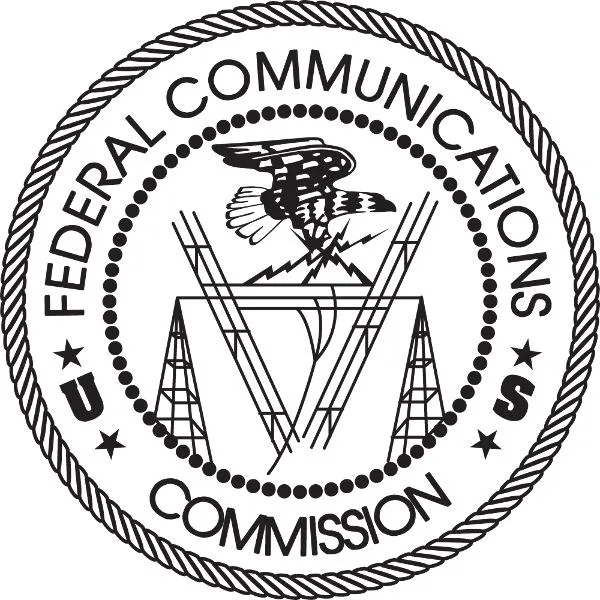FCC: Lifeline to include broadband

Chairman Tom Wheeler of the Federal Communications Commission (FCC) wants to expand the Lifeline program to include broadband. The program currently provides subsidies to low-income people for voice service and Wheeler’s proposal to update the program to include high-speed Internet is an important step toward fulfilling the Commission’s century-old commitment to universal communications access.
The New York Times highlighted the initiative, writing that “the effort is the FCC’s strongest recognition yet that high-speed Internet access is as essential to economic well-being as good transportation and telephone service.”FCC Chairman Tom Wheeler explained in ablog post how the proposed extension would benefit workers, students, and consumers:
Broadband is key to Lifeline’s future. In 2015, broadband access is essential to find a job: more than 80 percent of Fortune 500 job openings are online. Americans need broadband to keep a job, as companies [increasingly] require basic digital literacy skills. We rely on broadband to manage and receive healthcare, and to help our children do their homework. A 2012 study estimated that broadband helps a typical U.S. consumer [save] $8,800 a year by providing access to bargains on goods and services.
The plan to update Lifeline comes after the FCC commissioned pilot programs to better understand the barriers to broadband access. Thestudy concluded that the price of high-speed Internet services is a key concern for low-income people, a concern that the updated Lifeline program will try to alleviate.
More than 50 national and regional organizations have already voiced their support for the update. The Leadership Conference on Civil and Human Rights applauded the FCC’s step in the right direction and issued a powerfulstatement:
In today’s information age, the Internet is as vital to the lives of everyday Americans as electricity was in the last century, and can play a critical role in moving people out of poverty and into the new economy by providing access to job opportunities, health care, social services, and education.
And yet, there are still far too many disparities in Internet adoption, particularly among communities of color, low-income communities, people with limited English proficiency, and people with disabilities. The FCC has the power to address this disparity by modernizing the Lifeline program to include broadband.
Modernizing the program will give broadband access to millions of low-income people. At a time when those most in need of the advantages of broadband do not or cannot use it because of cost, reducing the high cost of broadband service is a concrete step our nation can take toward an inclusive economic recovery.
The Communications Workers of America (CWA) is among the organizations voicing their support for the FCC’s proposal. The union has consistently called for expanding Lifeline to include high-speed Internet, and CWA Director of Telecommunications Policy Debbie Goldman reiterated the union’s support for a program that meets the needs of the modern world: “It's long past time to update the Lifeline program to support broadband. The Communications Workers of America applauds FCC action to bring this important program into the 21st century.”
FCC Chief Seeks Broadband Plan to Aid the Poor (New York Times, May 28, 2015)
A Lifeline for Low-Income Americans (FCC, May 28,2015)
Low-Income Broadband Pilot Program Staff Report (FCC, May 22, 2015)
Civil and Human Right Coalition Applauds FCC Move to Modernize Lifeline Program (The Leadership Conference, May 28, 2015)
CWA members oppose AT&T’s attempts to stop serving rural and low-income communities in California
CWA urges FCC to deny industry attempts to loosen pole attachment standards
CWA District 6 reaches agreement with AT&T Mobility



